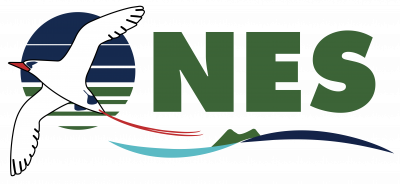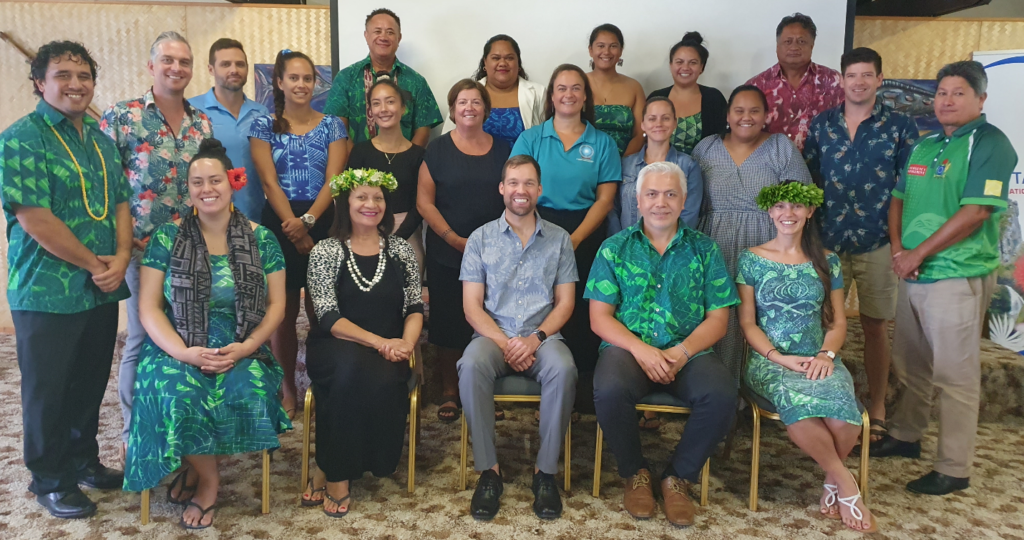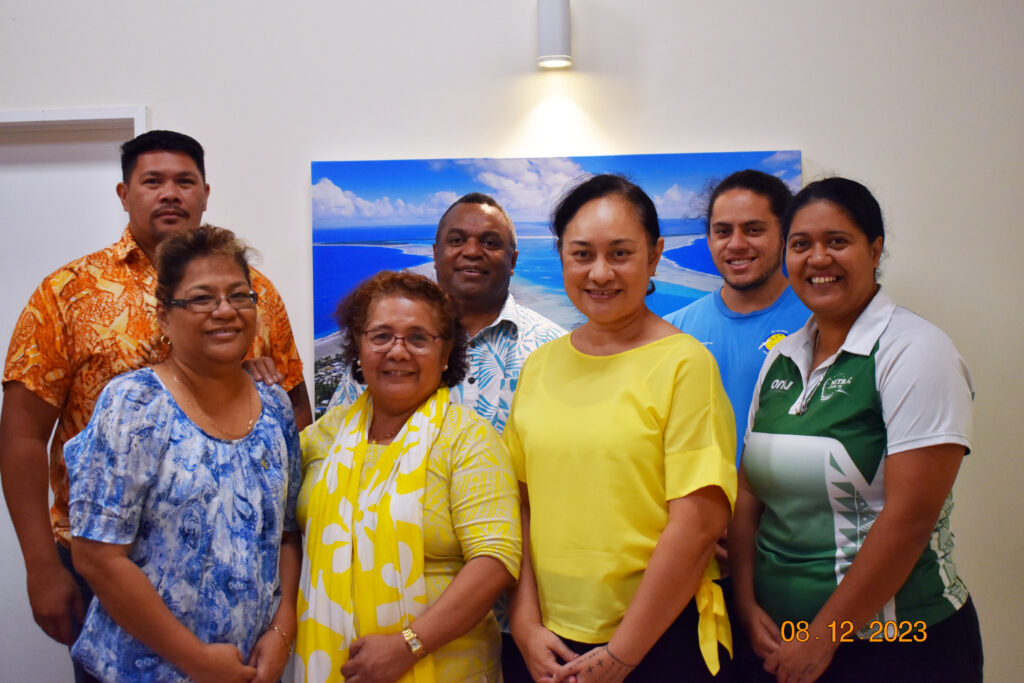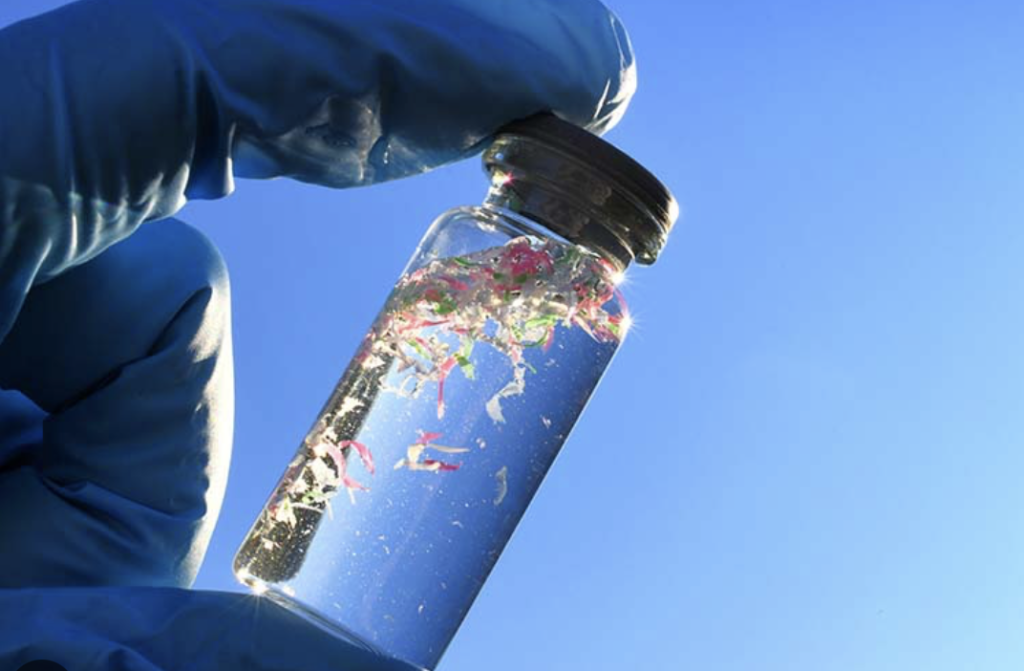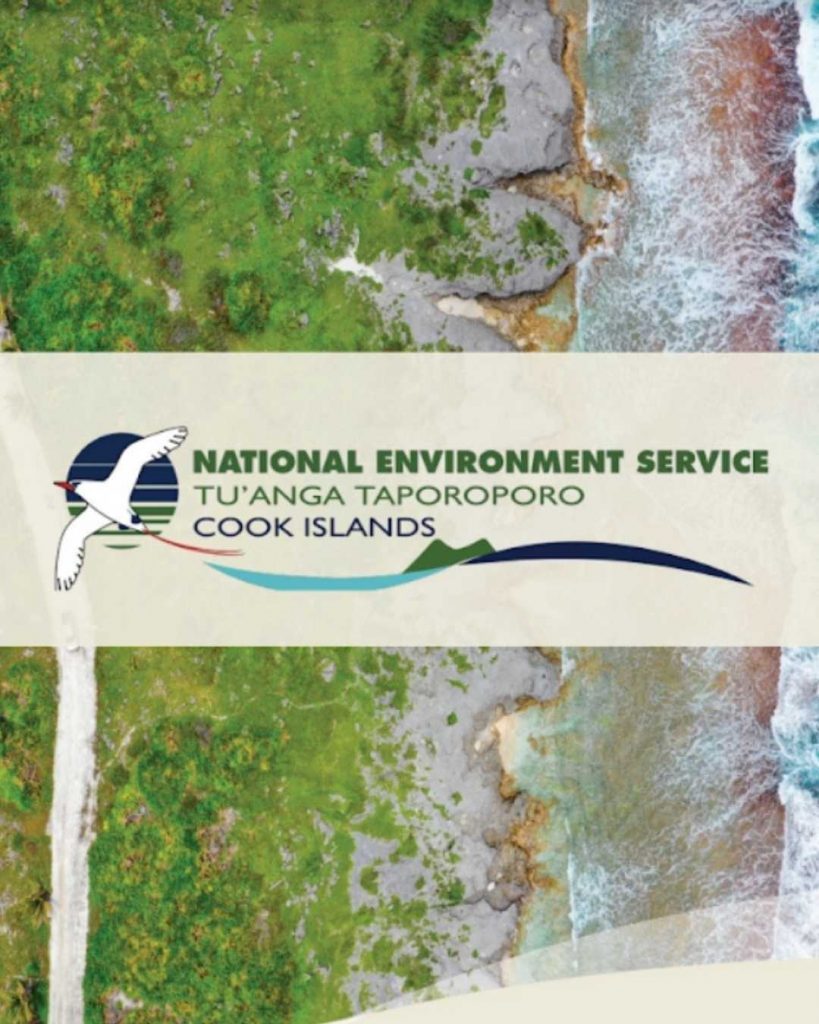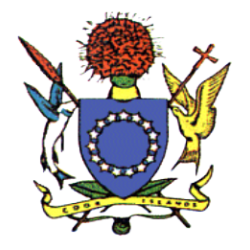The Global Environment Facility (GEF) #8 project started the planning phase with a National Dialogue organized by NES and GEF. The dialogue took place in April at the Edgewater Resort in Rarotonga. GEF8 is the next project of environmental fund after GEF7.
The purpose of the national dialogue was to increase stakeholder understanding of the GEF, outline the programming resources of the GEF’s eighth funding replenishment (GEF8), including an $8 million USD System for Transparent Allocation of Resources (STAR) allocation for the Cook Islands, and identify some potential priority areas to allocate these resources. There is additional funding being sourced as part of the GEF8 project, like the Integrated Program for Plastic Pollution as a key priority for NES.
In essence, GEF is a multilateral environmental fund that provides grants and other forms of finance to countries for projects related to biodiversity, land degradation, climate change, chemicals & waste and international waters.
This was the first national dialogue to discuss the GEF-8 programming in the Cook Islands. Participants included representatives from GEF Secretariat, the National Environment Service (GEF Operational Focal Point in the Cook Islands), Ministry of Foreign Affairs & Immigration (GEF Political Focal Point in the Cook Islands), representatives of relevant government ministries, the private sector and non-government organizations, United Nations Environment Programme and University of Newcastle.
The dialogue facilitated some great initial discussions between participants. Water security and waste management were common threads of discussion maintained throughout the entire dialogue. Andrew Hume, GEF International Waters Focal Area Coordinator, presented on how the GEF8 project works and the long-term vision for GEF to halt nature loss and ensure that the world is nature-positive by 2030 and carbon neutral and pollution free by 2050.
“This is a first step for us to develop a national project under the GEF-8. We take the successes and lessons learned and to look forward to determining how we can best utilize these resources in the new GEF cycle. We need to ask what are the gaps in our environmental protection, management and conservation? Where do we need support? How can we maximize the support received and ensure it translates to meaningful action on the ground?” said NES Director, Halatoa Fua.
A workshop report that consolidates all the discussions from this dialogue is currently being developed and will be shared publicly, along with all other dialogue materials, via the Cook Islands Environment Data Portal: https://cookislands-data.sprep.org/dataset/cook-islands-gef-8-national-dialogue-19th-20th-april-2023
